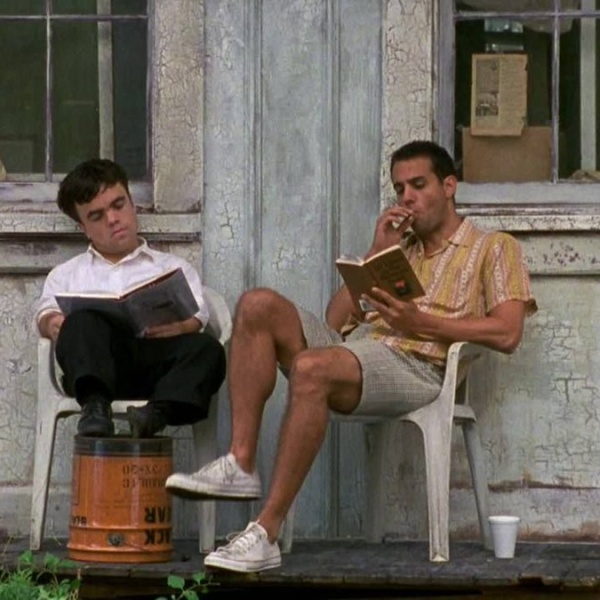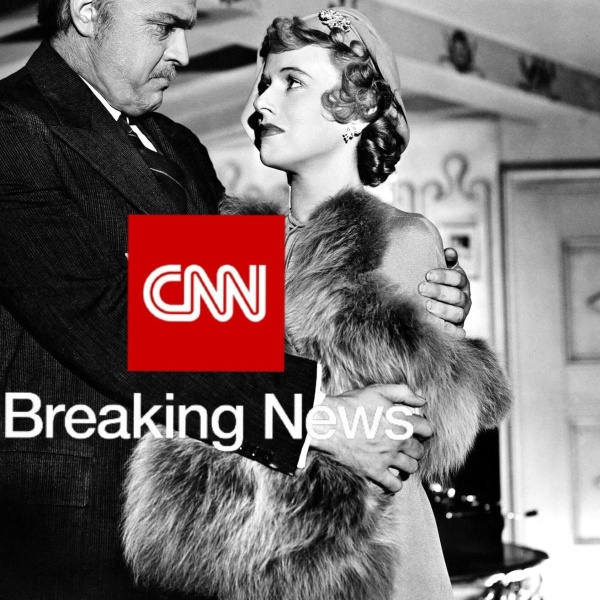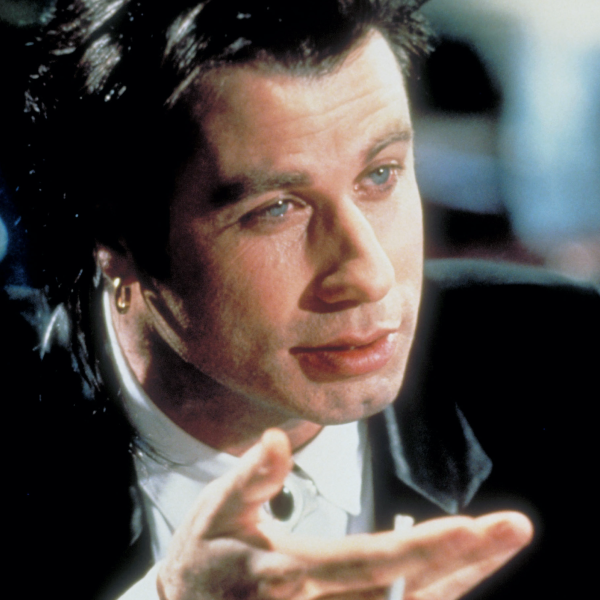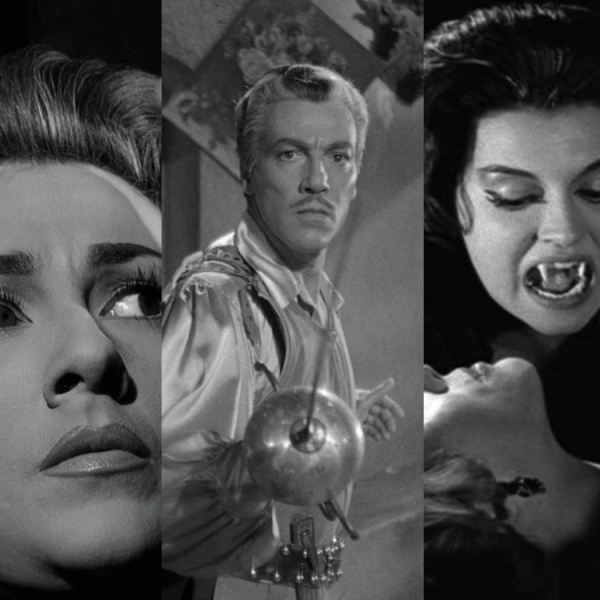A gorgeously discordant pairing of image and sound depicts the killer of women Émile (Jacques Perrin) as he stalks his prey in the late writer/director Paul Vecchiali’s distinctly autumnal “The Strangler” — or “L’Étrangleur.” He pursues them from a distance, a sinister but jazzy interlude sometimes underscoring his menacing shadow-like presence.
The 1970 French arthouse giallo didn’t receive a release in the United States upon its premiere a half-century ago, despite being celebrated at Cannes. Distributor Altered Innocence brings the winking, melodramatic psychosexual thriller — anchored in the intersection of four strangers’ warring amoral main character syndromes amid Émile’s gendered murder spree — to American audiences this fall. This comes after showing at Austin’s Fantastic Fest and the New York Film Festival in September. It is restored with the help of Centre national du cinéma et de l’image animée (CNC).
Vecchiali died earlier this year at the age of 92 and is celebrated as a distinct voice of queer themes in French cinema. He made dozens of films over the course of his career, including 2016’s “Le cancre.” Perrin, an actor known to some French New Wave admirers as Prince Charming in Jacques Demy’s “Donkey Skin,” haunts as Émile. He’s a not-quite-there villain who sees his murders — bizarrely carried out via strangulation with a crocheted scarf he crafted himself — as mercy killings. At the start of the film, he is declared a pursuer of women who he deems depressed, alone, and lost. He follows them, frequently with his dog at heel, assessing their moves and dreamily tricking them into self-effacing, pitying comments he then interprets as suicidal.
The film certainly telegraphs an early sense that Émile’s assessments of his targets is accurate. Seduced in ghostly exchanges before they’re almost complicit in their own ends (that’s left up to interpretation in some cases at least), the Parisian beauties who die at the scarf strangler’s hands are frequently moonlit and tear-soaked. Newspaper sales herald the women’s death in the streets, their frozen spinsterhood as forever unmarried victims hanging in the air antagonistically.

That’s when we’re not caught in broad daylight, as the surprisingly bright thriller incorporates three more primary players: investigator Simon Dangret (Julien Guiomar), who tricks Émile into a “Catch Me If You Can”-type closeness; would-be victim Anna (Eva Simonet), who offers to help investigate acting as bait in a trap of her own seriocomic, self-obsessed making; and a robber (Paul Barge), who follows Émile and quietly raids the women’s dead bodies after these intimate and deadly encounters.
“The Strangler” builds to a homoerotic climax that suggests Émile’s faux calmness hides a self-hating motive behind the killings. Layered with that is a sudden but satisfying feminist turn that sees local women successfully fighting back after a sex worker survives Émile. The end is strangely compassionate to the serial killer, hovering in a tragic tone that belies a certain level of hopelessness. (At least there’s that sexy sailor musical number in the film’s first half.)
Vecchiali leaves behind a legacy that includes a groundbreaking depiction of the AIDS epidemic and homosexuality in 1987’s “Encore.” “The Strangler” might be as artistically ambitious, exploring dreamy terror in a film with a pulse that’s arresting in its cinematography, lush styling, and sometimes frantic edits. Quietly queasy, it’s a mournful look at destruction that implies the blame for Émile’s violence is somehow shared — and is worth a viewing for those newly able.
Restored with the help of Centre national du cinéma et de l’image animée (CNC), “The Strangler” is distributed by Altered Innocence in select U.S. theaters starting November 15. VOD and physical media release to follow.








